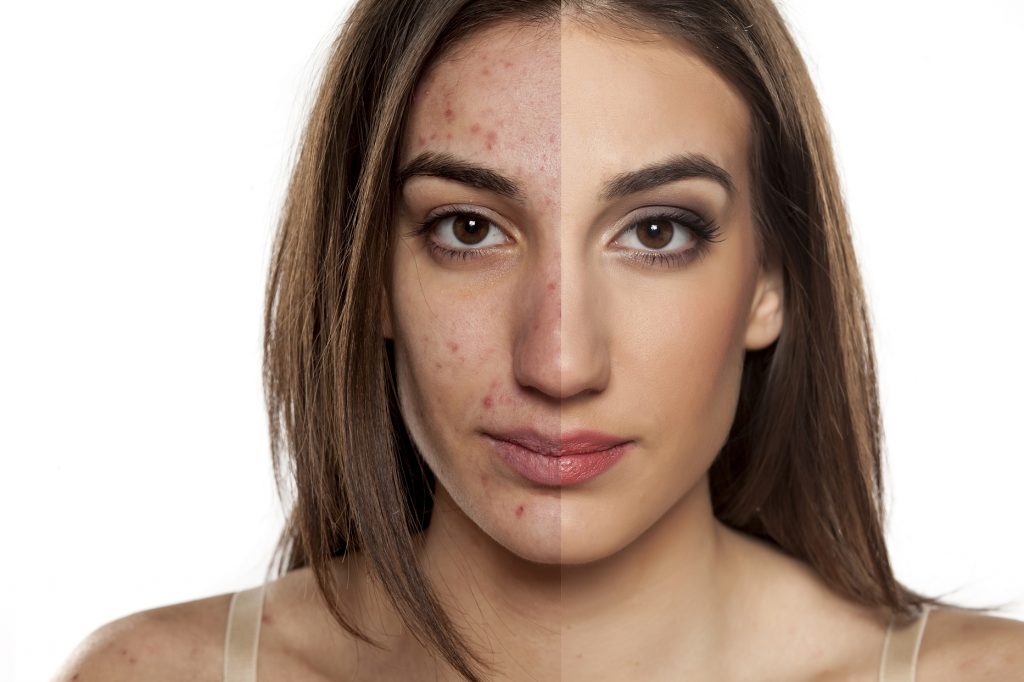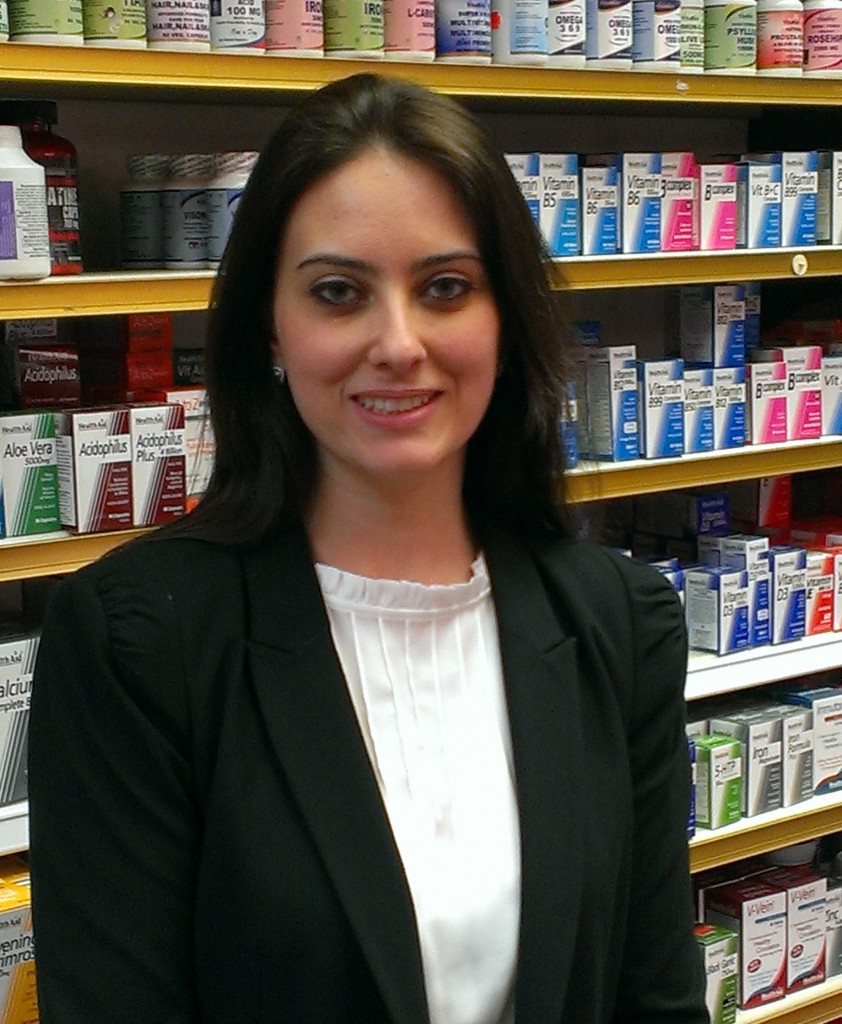Acne, also known as rosacea, is a skin condition that affects parts of the face. It is a common skin disorder among older children, teenagers and young adults.
Symptoms
Symptoms of rosacea often include one or more of the following:
- Frequent flushing of the face, similar to blushing. This is often the first symptom and may be the only symptom for months or years before anything else develops
- Redness (erythema) of parts of the face. This can look similar to sunburn
- Small lumpy red spots (papules) and small cysts (pustules) on the face. The spots and cysts look similar to acne. For some people, these may ‘come and go’, but for others they remain long-term unless treated
- Telangiectasia on the face. These are tiny blood vessels under the skin which you can see and can become quite prominent on the face
- Eye symptoms (also called ocular rosacea) occur in about half of cases, which are usually mild. They can include:
- A feeling of something in the eye
- Burning, stinging or itchy eyes
- Dryness
- Sensitivity to light
- Eyelid problems such as cysts, styes or eyelid inflammation (blepharitis)
- Inflammation and infection of the cornea (the front of the eye) is an uncommon, but serious complication that can affect vision. See a doctor urgently if you develop eye pain or visual problems
- Thickening of the skin occurs in some cases. The most well-known example of this is called a rhinophyma (a bulbous, bumpy nose), which is uncommon
What causes rosacea?
The exact cause of rosacea is not known. A number of factors may be involved. However, none of these factors has definitely been proven to be the cause. For example:
- Tiny blood vessels under the affected skin may become abnormal or ‘leaky’
- Sun damage
- A tiny mite called demodex follicularum may be involved. It lives harmlessly on the skin of many people but has been found in higher numbers in those with rosacea
- Abnormal immune reactions in the skin which leads to inflammation
- Genetics may also be involved as rosacea may run in some families
Treatment
There are many treatment choices for rosacea depending on the severity and extent of symptoms. Available medical treatments include antibacterial washes, topical creams, antibiotic pills, lasers, pulsed-light therapies, photodynamic therapy, and isotretinoin.
Talk to your GP or pharmacist as a first step to see what they recommend can help you to combat acne.
About the author: Feriha İbrahim is a fully-qualified pharmacist who, together with her family, runs Woodside Pharmacy – both branches are located in Leytonstone, East London E11.
Main photo: Problematic skin before and after make-up. Photo © iStock/VladimirFLoyd





